Search
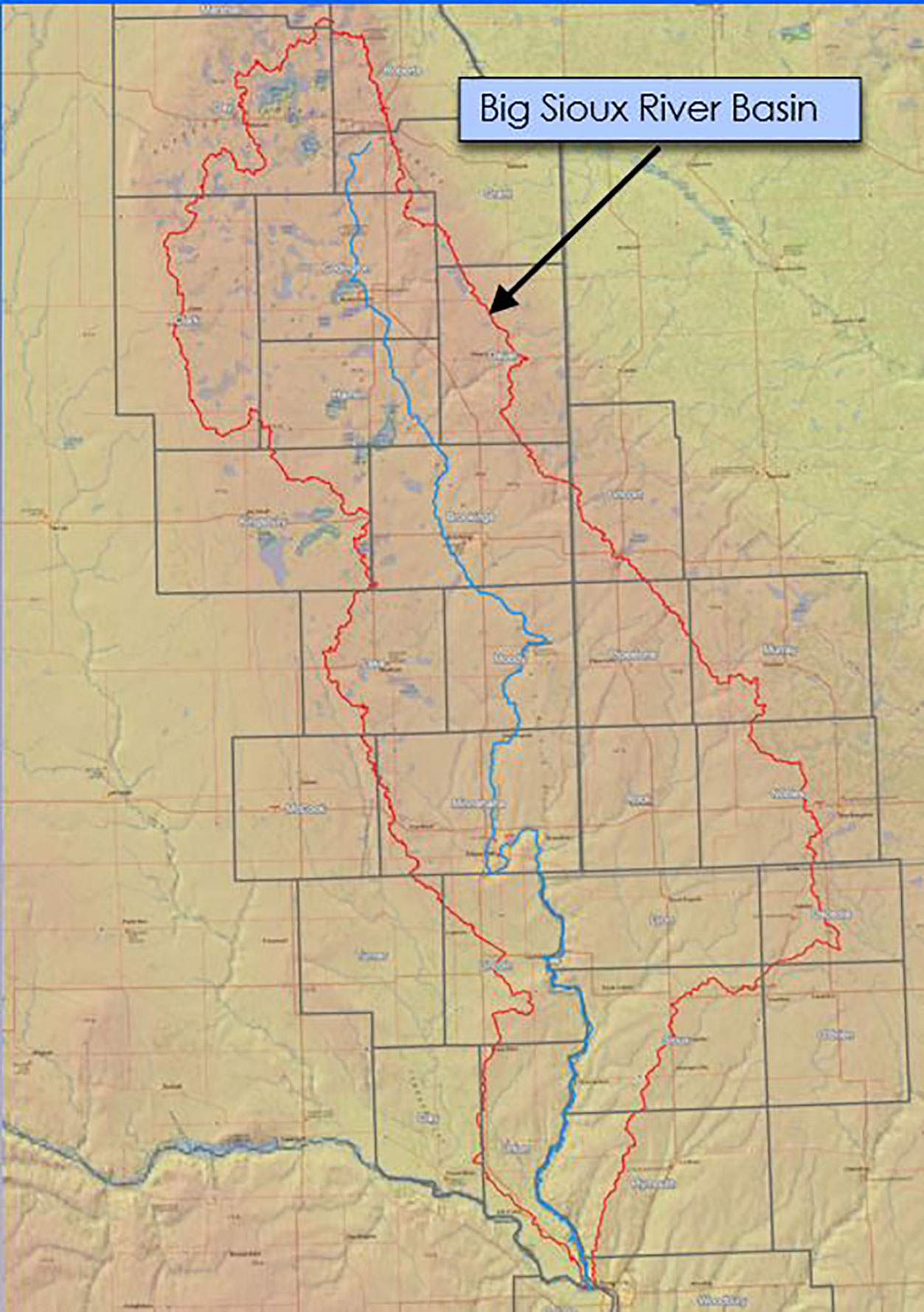
Big Sioux River Flood Information System Sees Heavy Use During Spring 2019
The Big Sioux River Flood Information System is the result of a combined effort between the SD Department of Environment and Natural Resources, local governments, and private industry, to create a product that can be used to predict the impact of flood events in the Big Sioux River Basin.
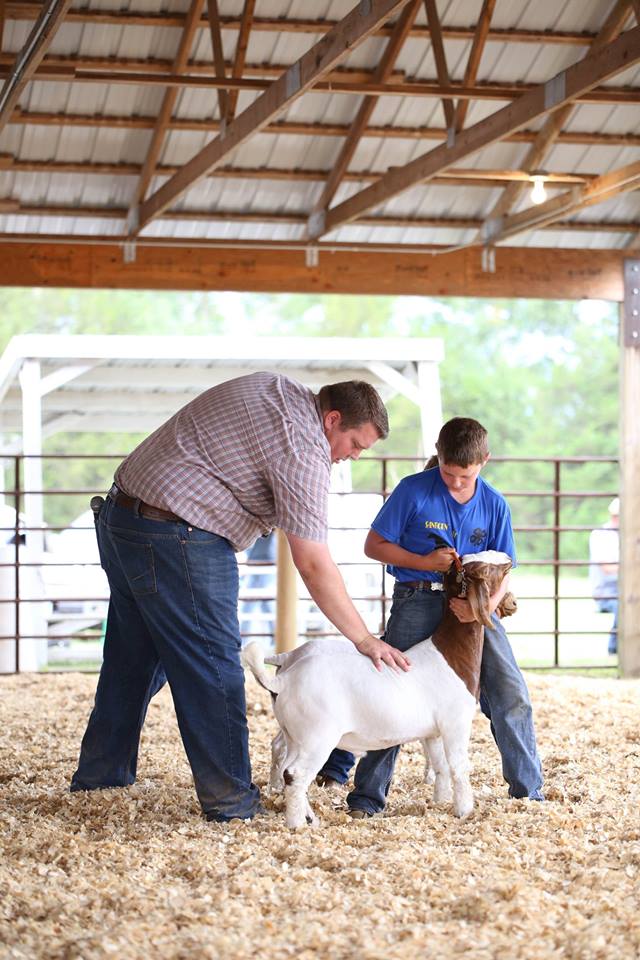
Bringing Home Your 4-H Goat Project
Sales and transport is a stressful time for any animal. Reducing stress factors due to transitions start before the actual purchase of your new project. Managing proper nutrition and disease management are just a couple factors to help your project get off to a great start.

Late Plant Crop Insurance Dates
Crop insurance late plant dates are fast approaching for planting small grains in South Dakota. Late plant dates for corn, soybean, and sunflower are nearing as well. Producers will want to work with their crop insurance agent to explore planting options and reporting of prevent plant areas.
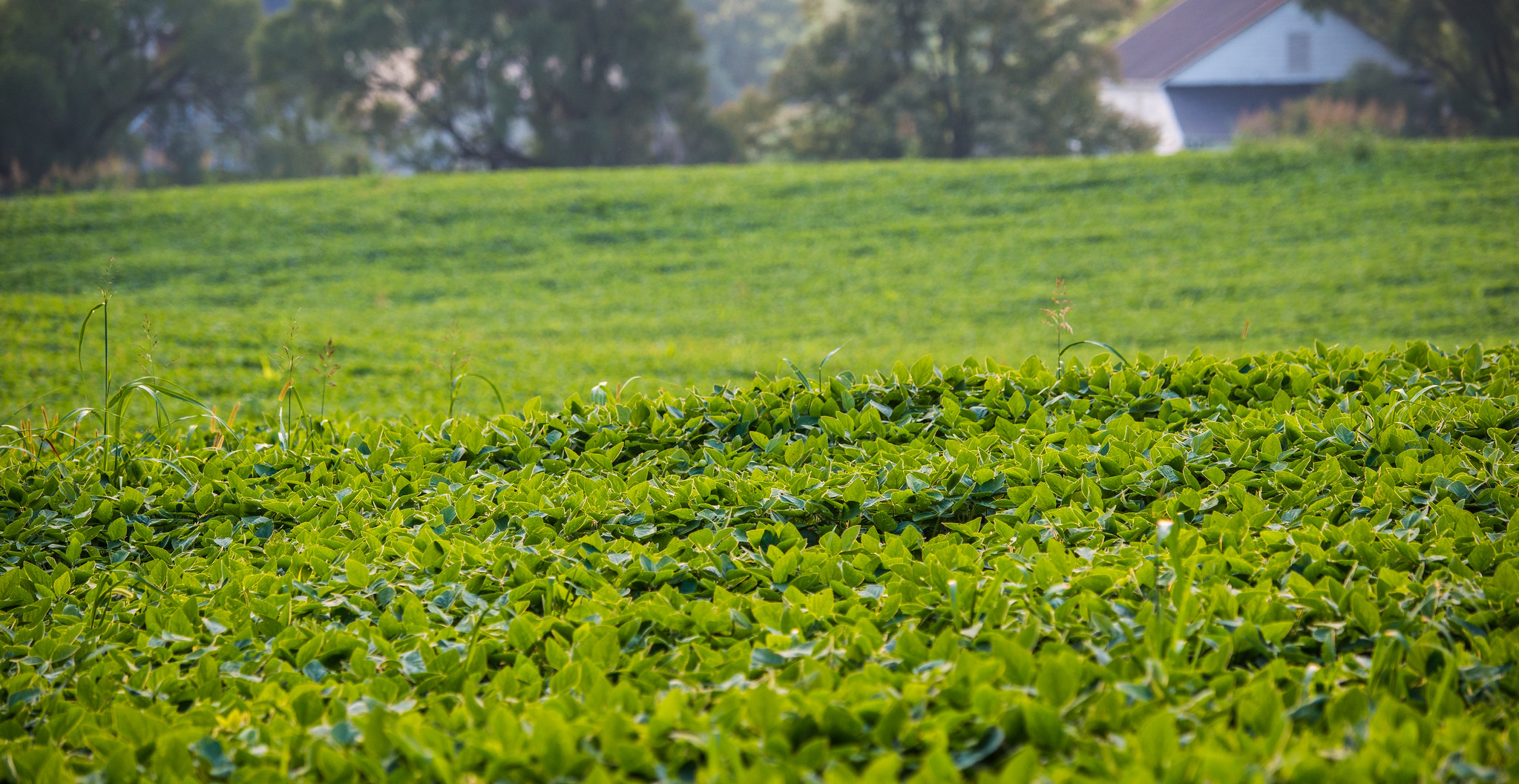
Soybean Growers Sought for On-Farm Research Program
We want you! SDSU Extension and the South Dakota Soybean Research and Promotion Council are seeking South Dakota Soybean Growers willing to participate in a farmer-led on-farm research program.
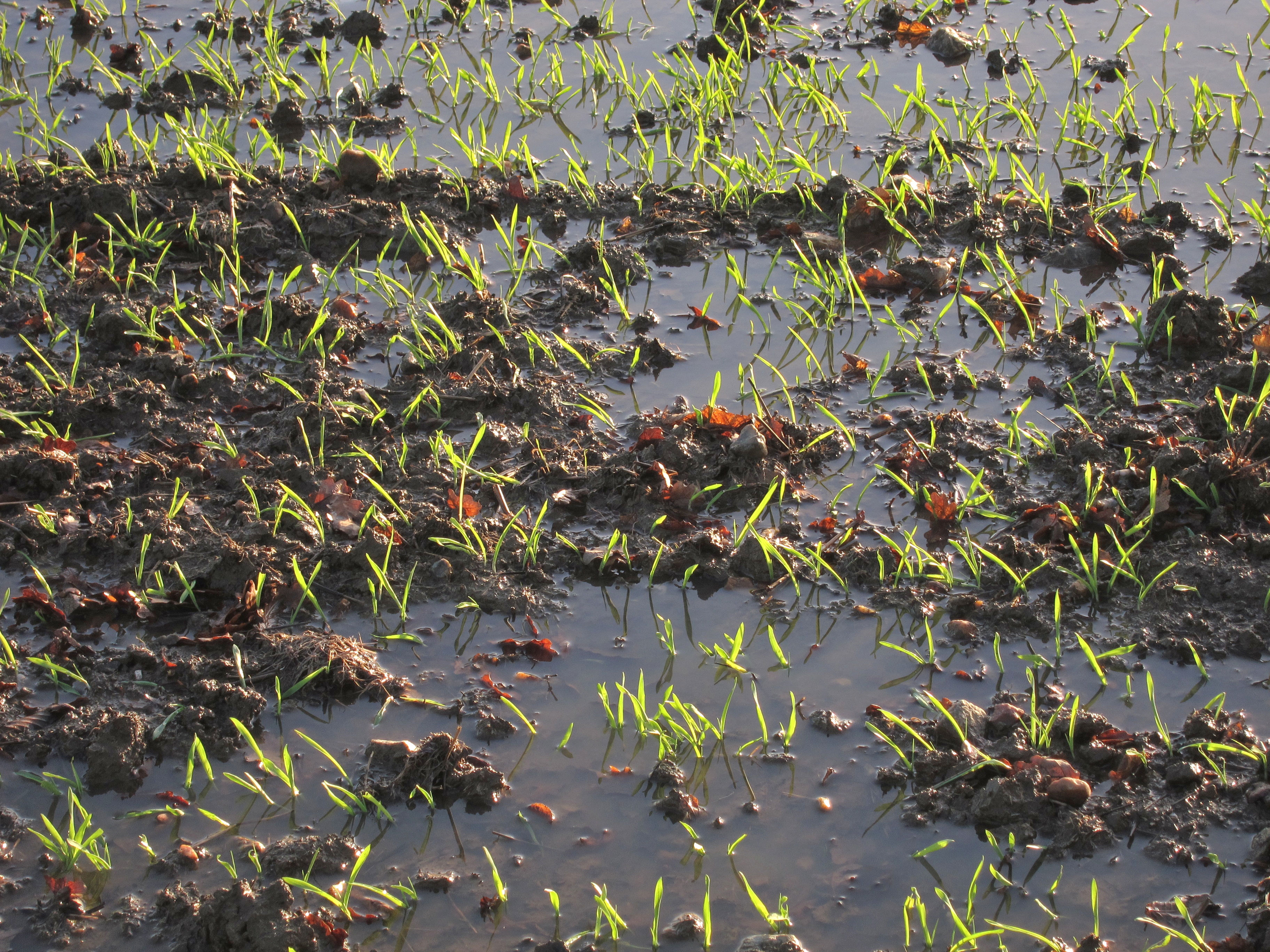
Wet Feet in Wheat
Given the widespread wet conditions present this spring, there are many areas in winter wheat fields with both ponding and saturated (or waterlogged) soils. Producers may want to consider soil conditions and evaluate extended weather forecasts when deciding whether or not to retain a winter wheat this spring.
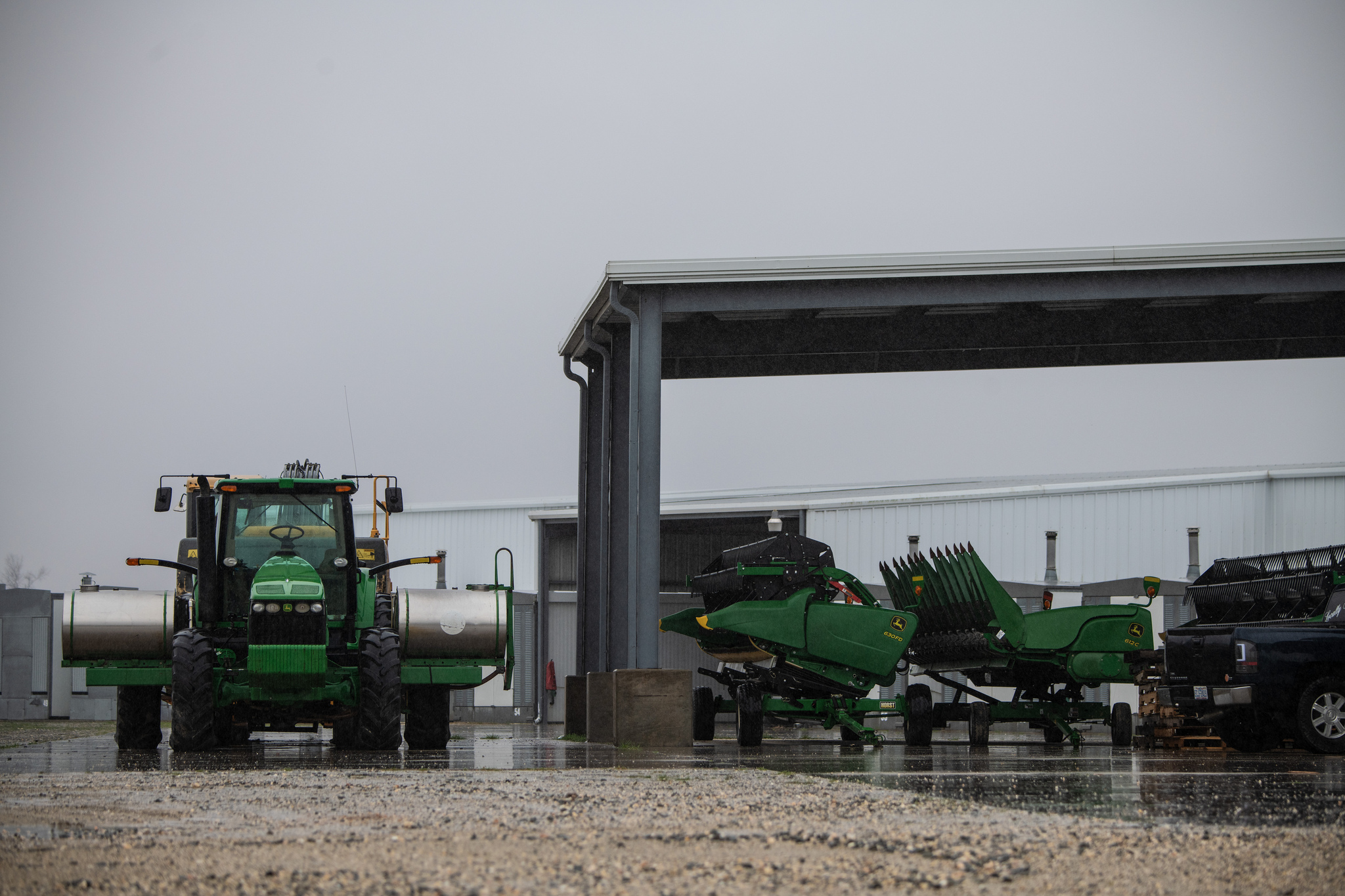
Overproducing us Out of Business
There seems to be a misconception nowadays in much of the public that in order for agriculture to be sustainable in the future, there is a need to go organic. Organic agriculture can be sustainable, but so can traditional agriculture.
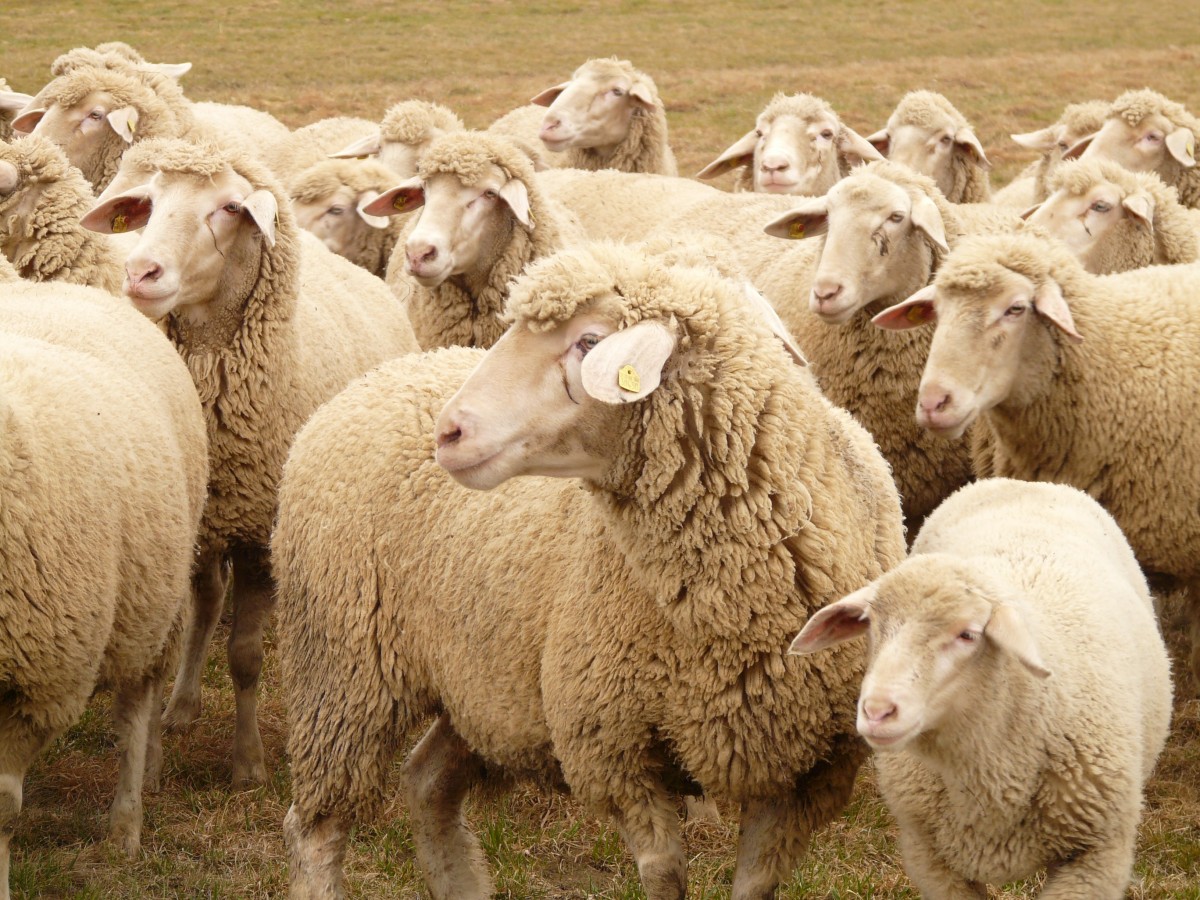
Sheep Breeds
Everyone has heard the fairytale “Baa Baa Black Sheep Have You Any Wool?” but what about the double-coated California Red, the multi-colored Katahdin sheep with hair, or the East Friesian dairy ewe that produces over 1,100 pounds of milk a year? Sheep come in different shapes, sizes, and colors and all of them provide different functions and uses for producers. These can range from meat, wool, and milk production or a combination of characteristics.
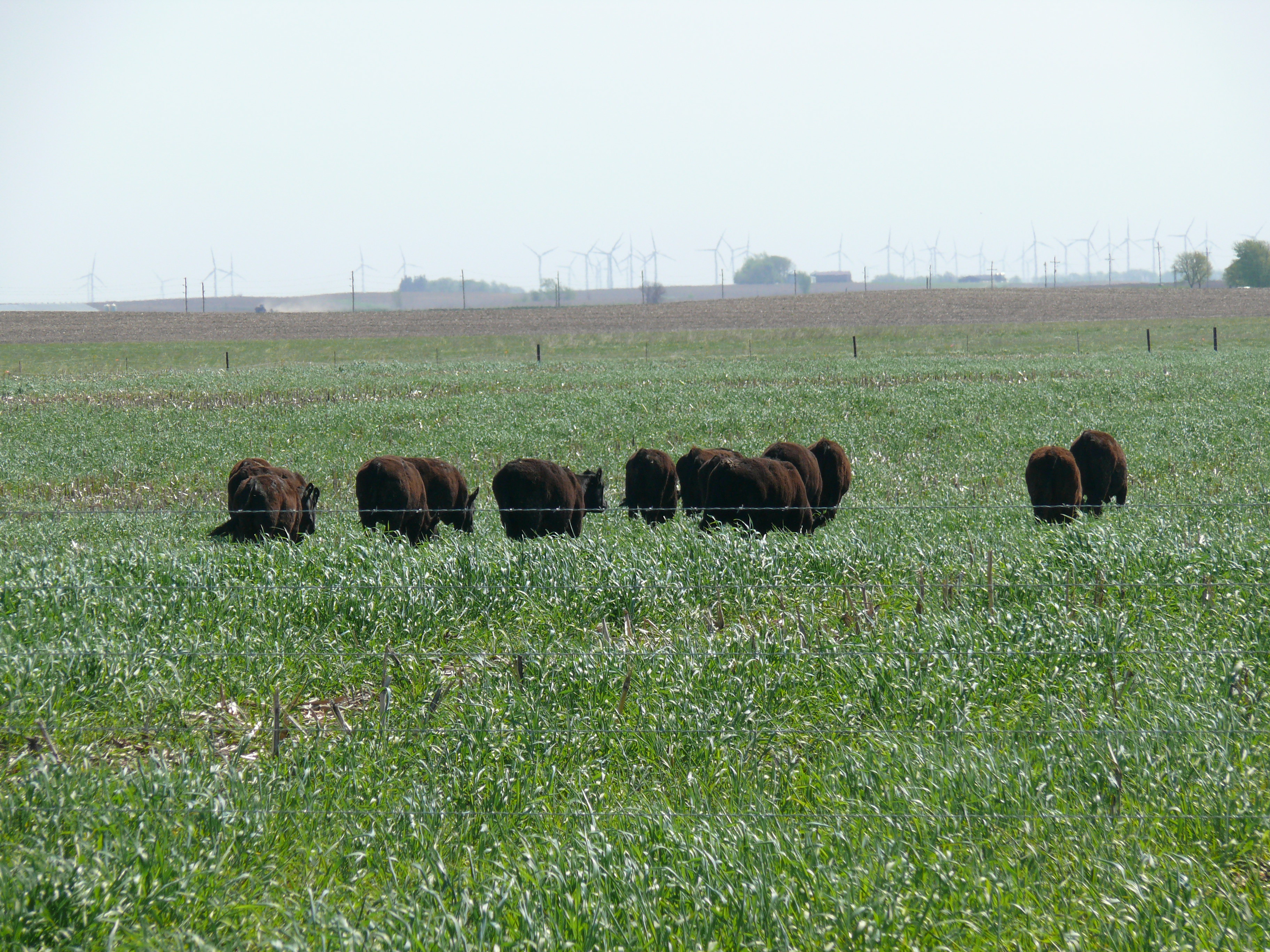
Cover Crops & Livestock Integration: A Profit Opportunity for S.D. Farms
Cover crops have been gaining a reemerging acceptance over the last decade, with very few producers disagreeing about the potential soil health benefits of adding cover crops to their farming operation.
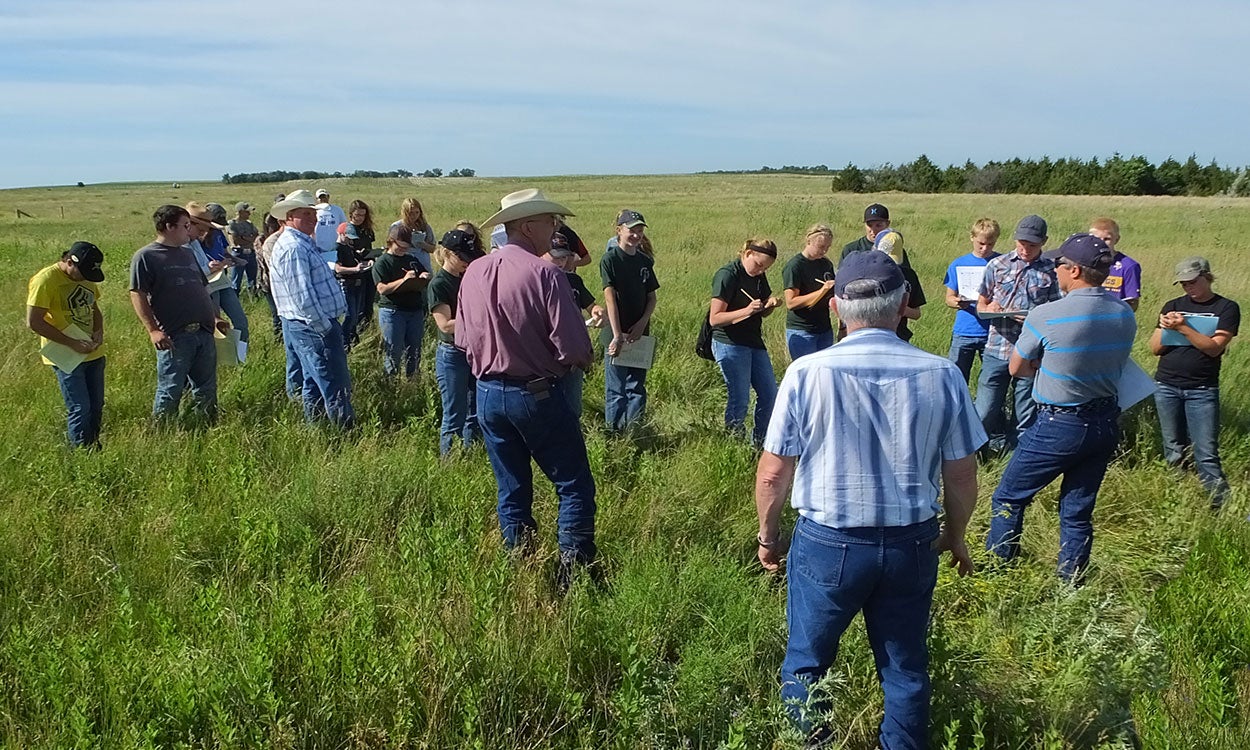
39th annual Rangeland and 18th annual Soil Days set for June 14-15 in Watertown
March 20, 2023
SDSU Extension, Codington Conservation District and South Dakota Natural Resources Conservation Service are hosting Rangeland Days and Soil Days on June 14-15 in Watertown, South Dakota.
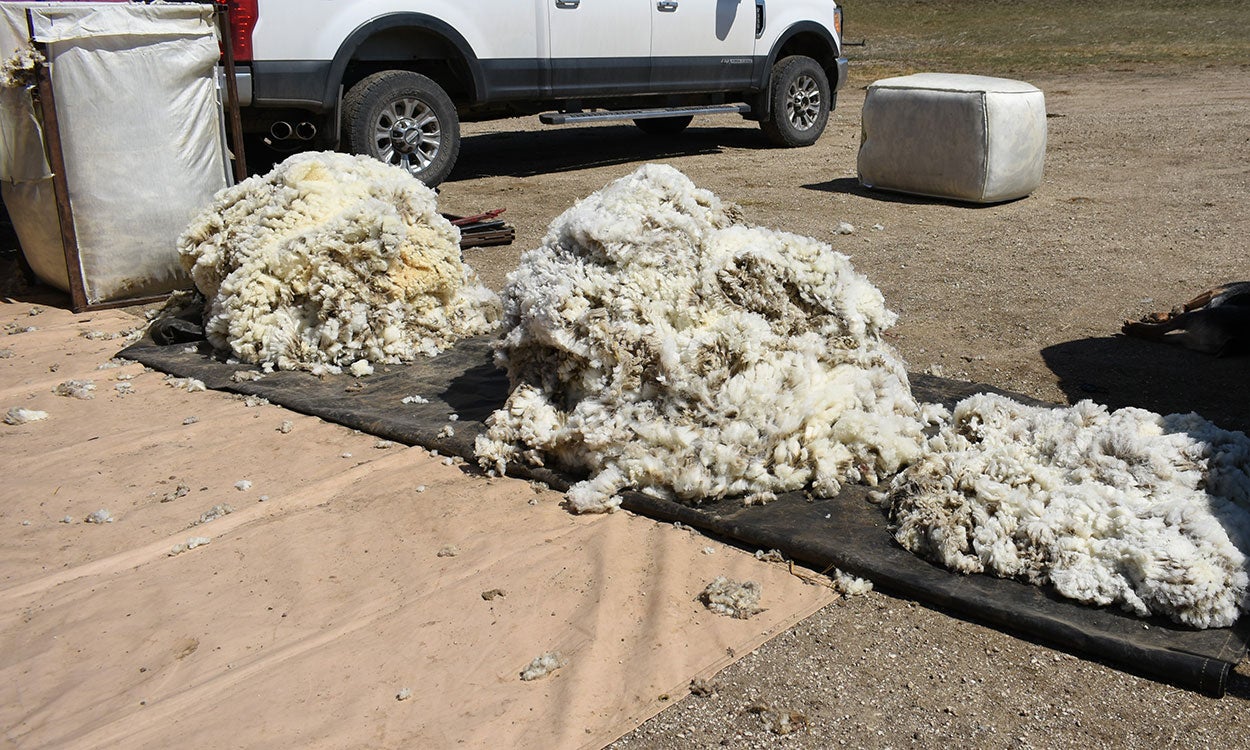
Considerations for Increasing Wool Value
The wool market continually rewards those who emphasize high-quality production. Efforts to increase wool clip value can be made through regular management practices and proper wool clip preparation at shearing.